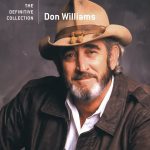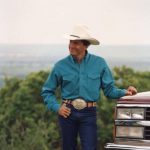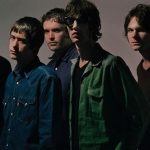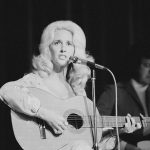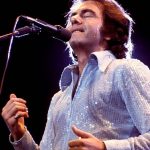Merle Haggard – Nobody Knows But Me
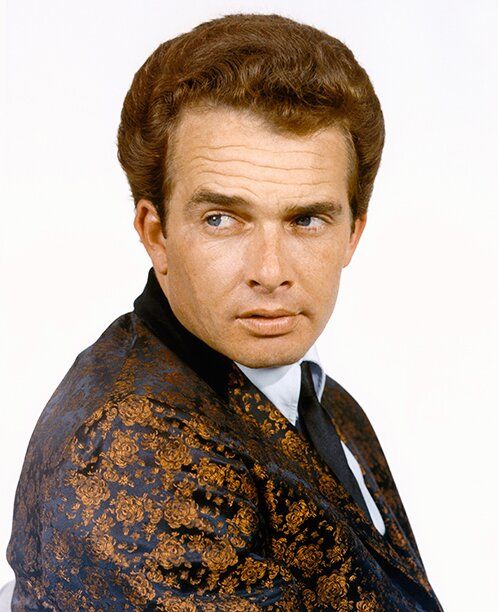

Merle Haggard, a name synonymous with country music rebellion and Bakersfield sound, released a contemplative tune titled “Nobody Knows But Me” in 1969. The song, though not originally written by Haggard himself, became a defining piece in his early career, showcasing his introspective lyricism and signature Bakersfield twang.
“Nobody Knows But Me” originated from the mind of songwriter Roy Acuff. Acuff, a country music legend himself and founding member of the Grand Ole Opry, penned the song in 1946. However, it wasn’t until Haggard’s rendition that the song found mainstream success. Haggard, a former convict who had found redemption through music, resonated deeply with the song’s themes of regret, resilience, and the internal battles fought behind a strong exterior.
Released on Haggard’s album “Same Train, A Different Time: A Tribute to Jimmie Rodgers”, “Nobody Knows But Me” stood out amongst its tributes to another country music pioneer. The song’s focus on introspection and personal struggle offered a distinct contrast to the often bravado-laden persona Haggard would cultivate later in his career.
“Nobody Knows But Me” was not produced by a single, big-name record executive. Instead, it reflected the collaborative spirit of Haggard’s early works. Haggard himself received production credit alongside Fuzzy Owen, a longtime friend and Haggard’s bass player in his backing band, The Strangers. This collaborative approach is evident in the song’s raw and unpolished sound, perfectly complementing the themes of vulnerability explored in the lyrics.
While “Nobody Knows But Me” may not have reached the chart-topping heights of some of Haggard’s later hits, it became a cornerstone of his live performances. The song’s relatable themes and heartfelt delivery resonated with audiences, solidifying Haggard’s reputation as a singer who wasn’t afraid to delve into the complexities of the human condition. “Nobody Knows But Me” serves as a pivotal piece in Haggard’s musical journey, showcasing the introspective singer-songwriter beneath the layers of the outlaw country persona he would later embody.

